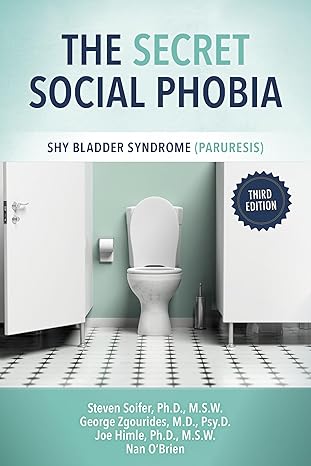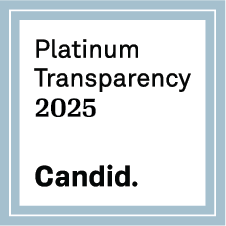Shy Bladder Research $10,000 RFP
 Why do so many people have trouble peeing in public and what can be done about it?
Why do so many people have trouble peeing in public and what can be done about it?
The International Paruresis Association (IPA) to offer $10,000 in funding for research into the physiological processes of Shy Bladder Syndrome.
Catonsville, MD USA October 23, 2024) – Studies show that nearly 21 million Americans suffer from the social anxiety disorder known as paruresis (par-you-re-sis) or shy bladder syndrome. Paruresis is a phobia in which a person is unable to urinate in the real or imaginary presence of others. To support those with this life-limiting condition, the IPA is excited to announce that its Board of Directors has authorized up to $10,000 in research funding.
The Request for Proposals application can be found at https://web.charityengine.net/RFP-Fall-2024.
The IPA, now celebrating its 28th year, sees this RFP as a unique opportunity to further its mission by addressing the needs of those affected. Paruresis can severely restrict individuals’ lives, making it difficult to urinate in the presence of others. By offering this funding, the IPA aims to kickstart new investigations into the causes of and potential solutions to the mechanism of paruresis.
Key Details of the RFP:
Submission Period: October 19, 2024 – December 31, 2024
Objective: This project proposes a collaborative research effort to investigate the physiological and biochemical factors that contribute to micturition inhibition in public settings, with the ultimate goal of identifying a medication to allow people to freely urinate in public.
Ideal Research Goals:
- Identify the neural correlates of paruresis using neuroimaging modalities such as functional magnetic resonance imaging (fMRI).
- Pinpoint the neural circuits and brain regions implicated in paruresis using advanced imaging techniques.
- Investigate the physiological responses, including autonomic nervous system activity and hormonal fluctuations, during paruresis inducing stimuli.
- Figure out the biochemical mechanism causing paruresis and discover medications to help people urinate.
Dr. Steven Soifer, Ph.D., MSW, co-founder of the IPA, stated,” When many sufferers start their own personal search for a cure for their shy bladder syndrome, they hope they will come upon a ‘magic pill’ that will take away this condition. While that may be far off, the IPA is committed to sponsoring innovative research which could lead to the ‘holy grail’ for those afflicted by paruresis.”
For more information about the IPA and its programs, please visit https://paruresis.org.
QUICK LINKS
INTERNATIONAL PARURESIS ASSOCIATION
P.O. Box 21237
Catonsville, MD 21228
You Are Not Alone.
There Is Help For You!
Shy Bladder, Bashful Bladder, Pee Shy
IPA OFFICE HOURS
Monday - Friday
10:00am - 6:00pm (ET)
844-I-CANT-PEE (422-6873)
US/Canada
443-315-5250 Office
Email: getinfo@paruresis.org
This website is NOT a substitute for medical or legal advice and does not constitute the practice of law, medicine, psychiatry, clinical psychology, clinical social work, or any other mental health profession. If you are having trouble urinating, you should always contact a physician since difficulty with voiding can be a symptom of a serious medical condition. We are a group of professional people and people who have suffered with paruresis. We have assembled a board and a board of advisors to help people cope with urinary dysfunction that has a psychological or social origin. On this website, we are NOT practicing medicine, psychiatry, clinical psychology, clinical social work or any other mental health profession. You should have your doctor evaluate your condition before diagnosing yourself, and seek the appropriate necessary mental health counseling if warranted. IPA, Inc. disclaims any and all legal liability whatsoever. Use of the term “member” or “membership” refers to donors above $100 each July 1 to June 30 period and does not convey any legal or ownership rights in IPA.

 Why do so many people have trouble peeing in public and what can be done about it?
Why do so many people have trouble peeing in public and what can be done about it?


